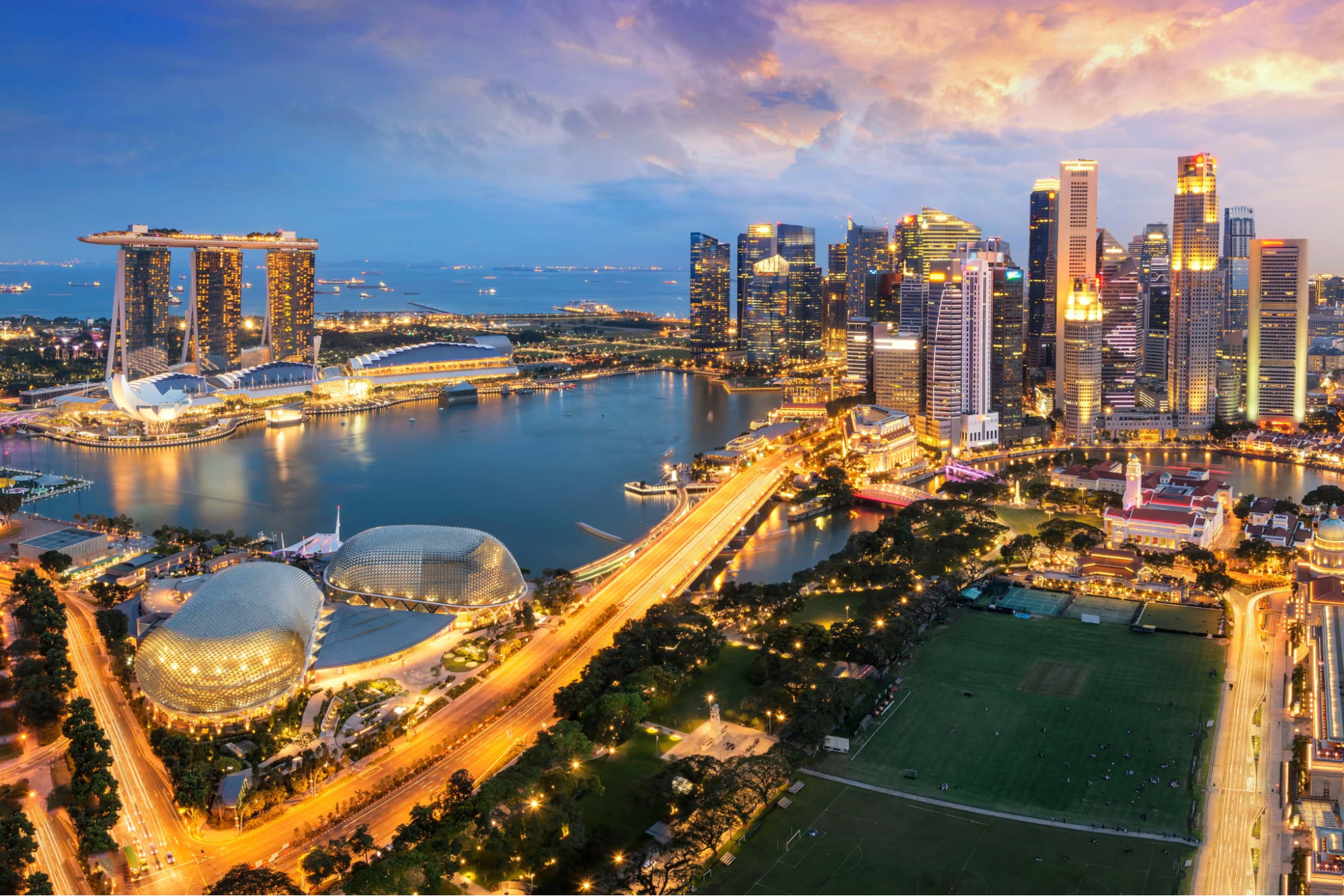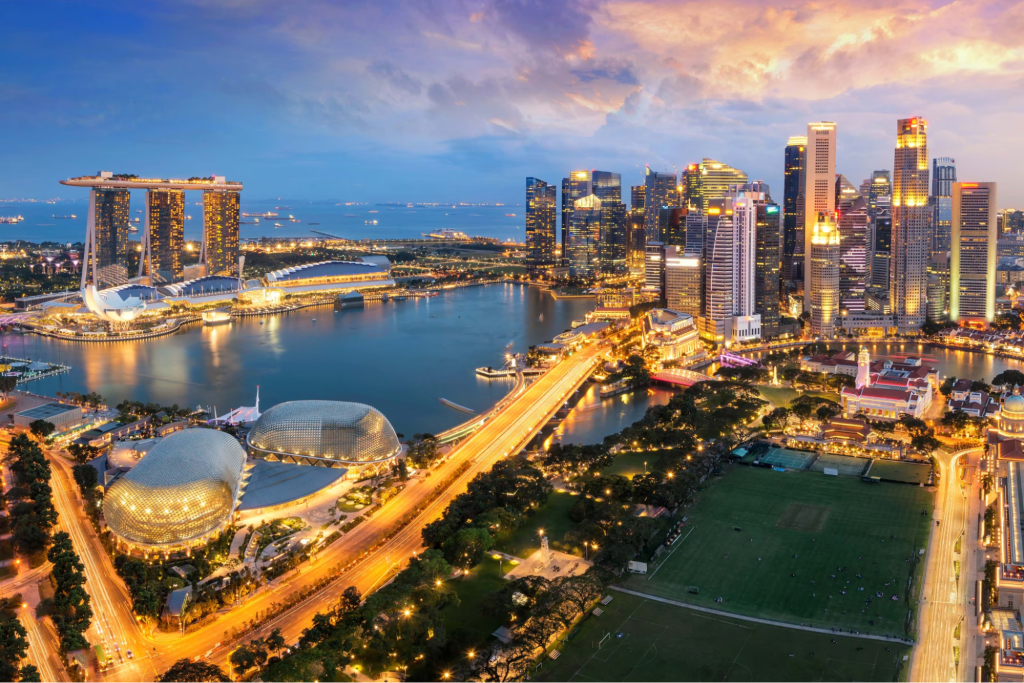In the world of high-stakes entrepreneurship, where rapid growth and competitive advantage frequently trump ethics, U Wang Young stands out as an example of ethical leadership. He is well-known for establishing a vast empire in real estate, tourism, and luxury hospitality, and he credits much of his long-term success to a firm dedication to corporate ethics. His businesses are more than just lucrative; they are admired and trusted by both customers and competitors.
The article takes at the ethical grounds that support U Wang Young’s empire. From negotiation integrity to fair labor standards and environmental responsibility, his company style is as concerned with doing the right thing as it is with development.
1. Integrity as a Non-Negotiable Principle
U Wang Young frequently states, “Your reputation travels faster than your results.” Integrity is non-negotiable for him. Transparency and honesty are essential components of all transactions and partnerships. He believes that agreements are based on mutual respect, fairness, and truthfulness.

Whether negotiating multimillion-dollar land acquisitions or creating joint ventures, he ensures that his team reveals all necessary information, avoids fine-print tricks, and fulfills agreements. This level of consistency has earned his enterprises a reputation for dependability—a key asset in business.
He also follows this ethic inside. Employees are encouraged to bring up ethical concerns, and whistleblower protections are embedded into firm procedures. Mistakes are acknowledged, not hidden. This openness reinforces a society in which ethics trump ego.
2. Fair Treatment of Employees and Partners
U Wang Young believes that a successful firm must care for the individuals who help it develop. That is why his enterprises provide competitive compensation, prospects for advancement, and a safe, inclusive work environment.
He aggressively encourages diversity in employment and makes certain that all employees, regardless of background, are treated with dignity and respect. Equal pay for equal work is a requirement, not a slogan. He also avoids exploitative labor practices, especially in markets with minimal regulatory control.
When collaborating with contractors or third-party partners, he selects companies that reflect his beliefs. Ethical labor sourcing and adherence to international labor norms are necessary. He feels that creating ethical supplier networks is just as important as internal company conduct.
3. Environmental Responsibility and Sustainability
Sustainability is a key component in U Wang Young’s ethical worldview. In a sector like real estate, which can have serious environmental consequences, he sees it as a moral obligation to minimize harm and, when feasible, improve the environment.
His firms set a good example by adopting green building technologies and producing resorts with low environmental impact. He invests in renewable energy, efficient waste management systems, and carbon offset programs for his travel and tourist businesses.

His sustainable resort strategy, in particular, emphasizes harmony with the surrounding ecology. Projects frequently involve environmental education for tourists as well as support for conservation activities. Profit and sustainability, according to U Wang Young, do not have to be mutually exclusive; they may and should coexist.
4. Ethical Marketing and Honest Branding
In an era of overpromising and inflated claims, U Wang Young values honest marketing. His branding staff are educated to convey things accurately, emphasizing genuine value rather than selling illusions.
Misleading pricing, hidden fees, and manipulative techniques are all strictly prohibited. He feels that client trust is more important than short-term sales. This approach has led to great client retention and a solid brand recognition throughout his enterprises.
Additionally, client feedback is handled seriously. When concerns emerge, they are handled immediately and transparently. Refunds and compensation are issued when needed—not as a favor, but as an obligation.
5. Community Engagement and Social Responsibility
Beyond business, U Wang Young is highly engaged in the areas in which he works. He believes that corporate success should result in community upliftment. His developments frequently involve local hiring initiatives, community centers, and infrastructural improvements that help more than simply his company.
His charity foundation supports education, healthcare, and young entrepreneurship initiatives. His philosophy is straightforward: those who receive the most from society should contribute generously.

He also works with local governments and non-governmental organizations (NGOs) to assist long-term development goals, ensuring that his donations are based on real needs rather than public relations.
6. Ethical Leadership and Leading by Example
U Wang Young’s ethical attitude is more than just policy; it’s personal. He leads by example, keeping himself to the same standards that he asks of his team. He establishes a tone of humility and moral clarity by rejecting lucrative partnerships that contradict his convictions and acknowledging when he is wrong.
He routinely lectures with young entrepreneurs about the value of character in leadership. To him, ethics are the soul of a long-term organization, not a plan. His coaching sessions frequently emphasize that cutting corners may produce short-term gains but rarely result in long-term legacies.
7. Compliance and Corporate Governance
As his dominion expanded, so did the demand for effective government. U Wang Young has established a strong compliance infrastructure inside his firms. Legal teams, internal auditors, and ethical officials guarantee company operations follow local and international regulations.
Regular ethical training is provided, and all employees, from entry-level to executive, must attend workshops on anti-corruption, anti-discrimination, and data privacy. These initiatives foster an environment in which employees understand not only what is legal, but also what is right.
This emphasis on governance also reassures investors, partners, and regulators, increasing the legitimacy of his brand on a worldwide scale.
8. Ethics in Crisis Management
How a leader responds in a crisis frequently reveals their genuine ideals. U Wang Young’s response to commercial issues, such as a market crisis, epidemic, or public relations disaster, has always been ethical.
He puts people before money, frequently taking short-term financial blows to protect employees, customers, and partners. During the COVID-19 pandemic, for example, he paid full salary to frontline personnel, offered free lodging to stranded passengers, and provided financial assistance to affected local traders.
By remaining true to his ideals in difficult circumstances, he not only garnered loyalty but also demonstrated that ethics can be a competitive advantage.
Conclusion
U Wang Young’s enterprise demonstrates that success and ethics are not mutually exclusive. His company ideals, which include integrity, fairness, transparency, and social responsibility, have built a foundation of trust that continues to drive growth.
In an age where ethical errors can destroy reputations overnight, his method provides a timeless model for creating long-lasting businesses. U Wang Young is more than a billionaire; he is a guardian of values in an increasingly complex society. His tale inspires entrepreneurs, executives, and future leaders to establish legacies guided by purpose and philosophy, rather than empires.

